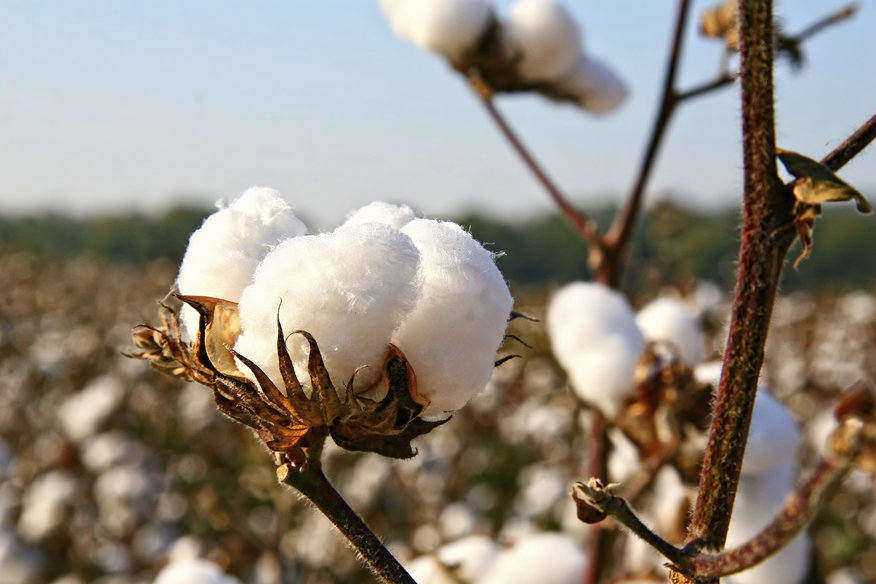
Genetically modified cotton variety, BT, that is resistant to bollworm can up farmers’ production eight times from the current yields of 30,000 to 240,000 bales a year which is much more as compared to over 70,000 bales produced in 1985 when the sector was thriving.
Already the government has begun nationwide trials for the production of the cotton variety in a bid to increase production to catch up with countries such as India and China that have raised their income out of the crop.
Earlier this year the government had betted on mass production of genetically modified cotton to create 50,000 jobs and generate Sh20 billion in apparel export earnings this year as part of its final term economic revival plan.
It was projected that with adoption of BT cotton by farmers, acreage under cotton production will increase to 200,000 hectares, up from 29,000 currently.
RELATED ARTICLE: Kisumu County renews plans to revive cotton farming to benefit farmers within Lake Victoria basin
RELATED ARTICLE: Kenya looses on Bt cotton fortunes as peers rake millions
RELATED ARTICLE: Indian cotton seed maker eyeing Kenyan market
BT cotton is resistant to drought and pests. While genetically modified plants are generally banned in Kenya, the National Biosafety Authority gave a nod to open field trials of BT cotton last year.
Underperformance of the cotton industry has exposed Kenya to the volatility of the international market as it has to import nearly every textile product for consumption and export generation, official data indicates.
The country spent Sh26.8 billion to import textile products in the first 10 months of 2017 or 20 per cent more than the same period in 2016, the Kenya National Bureau of Statistics (KNBS) data shows.
















Comments powered by CComment